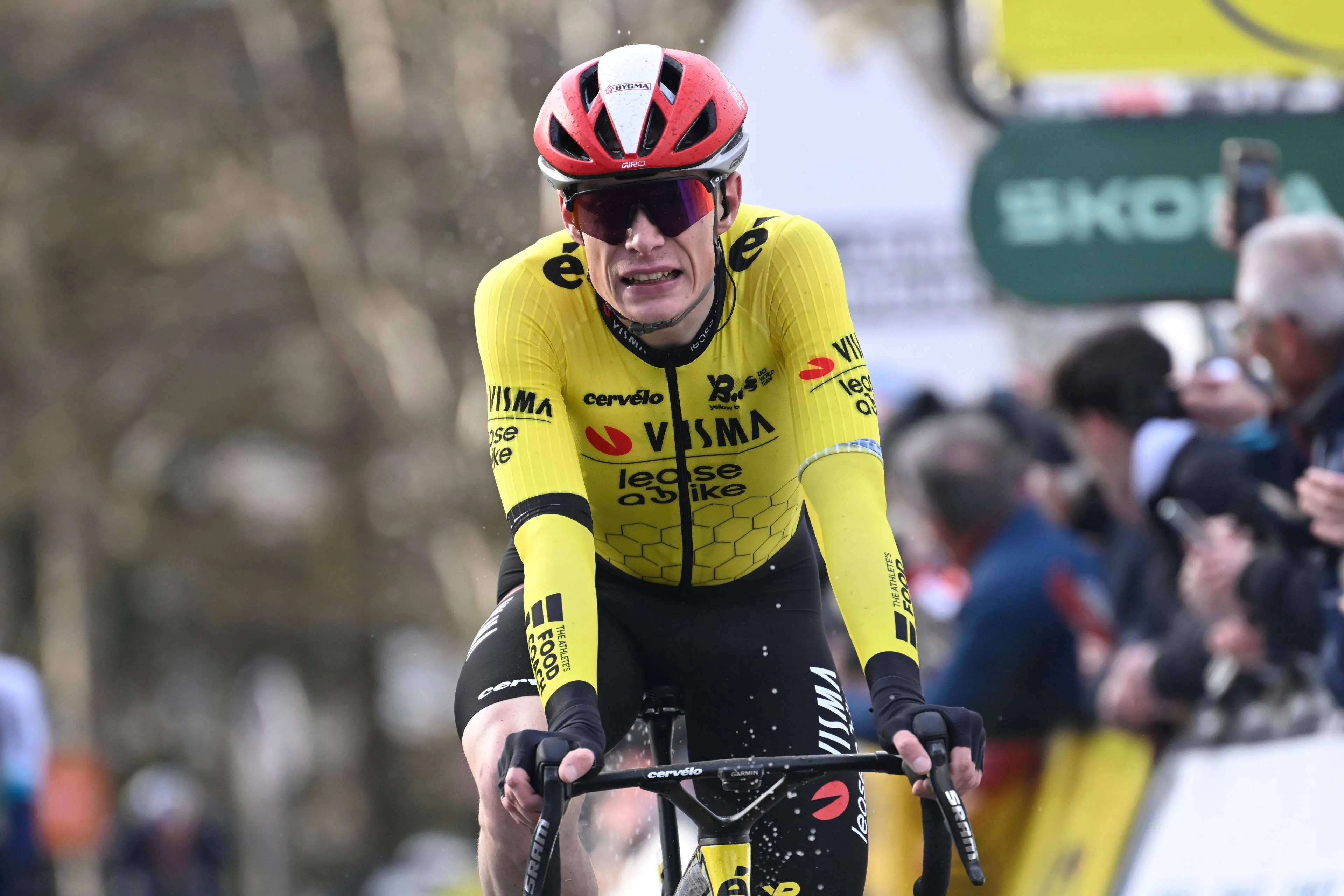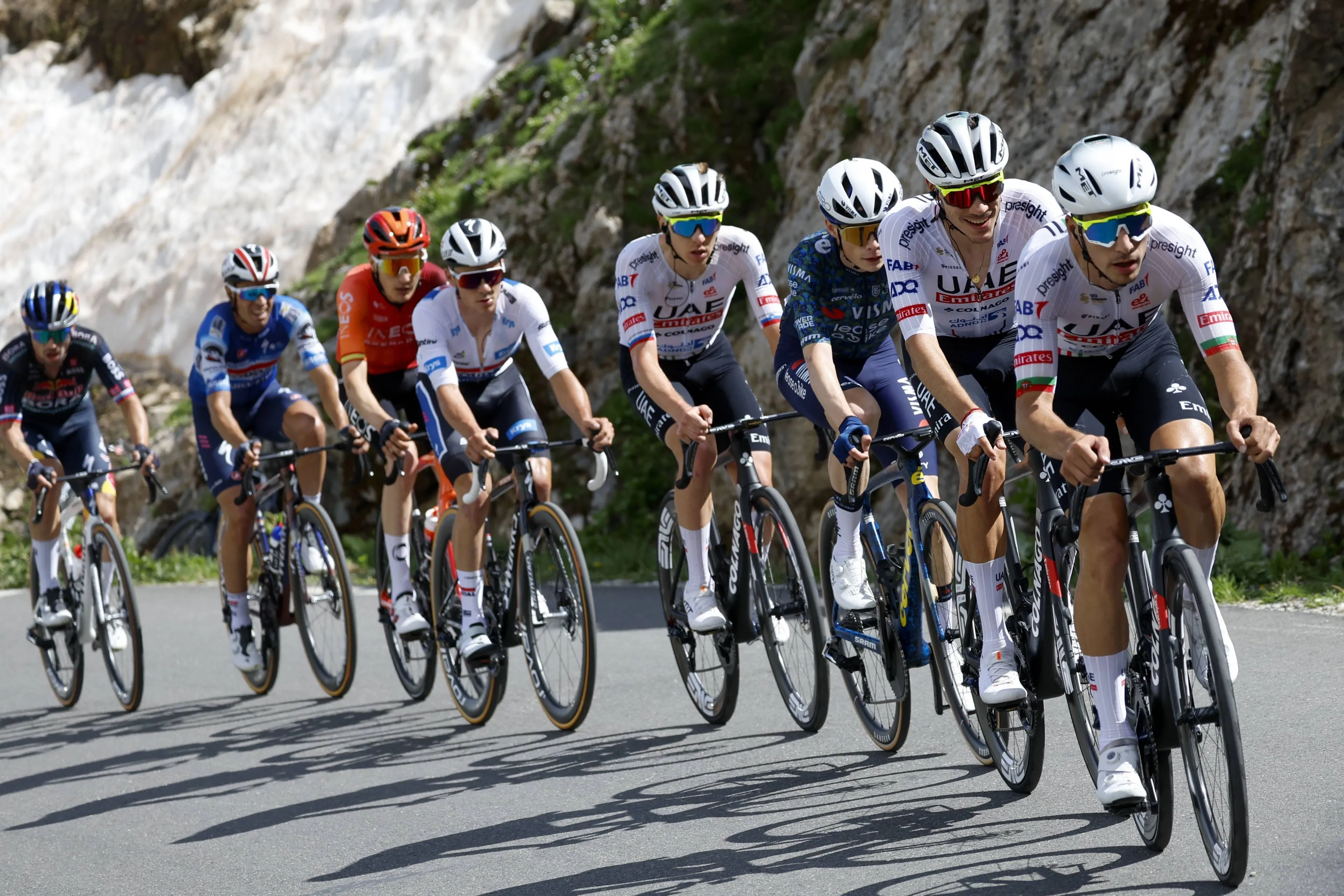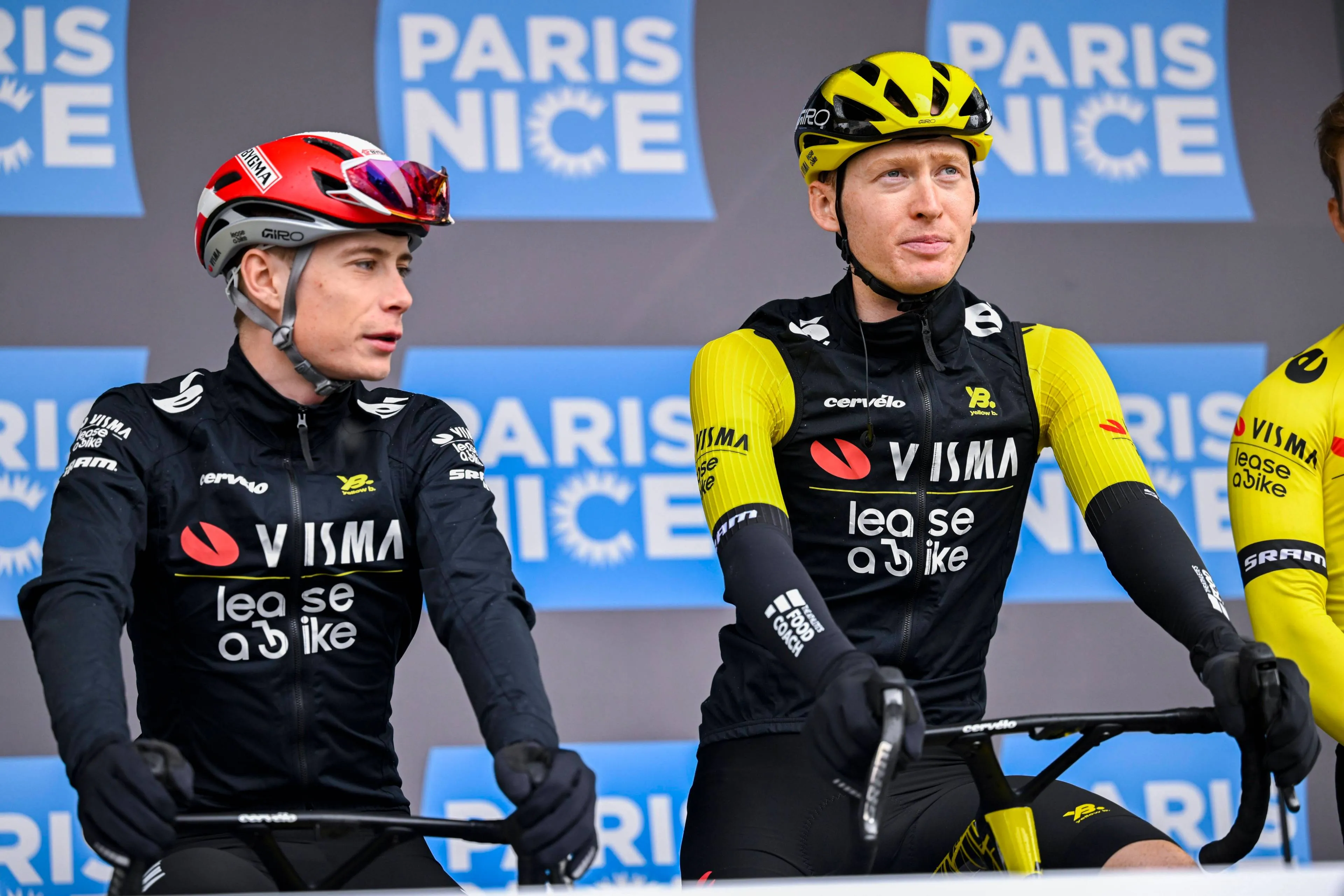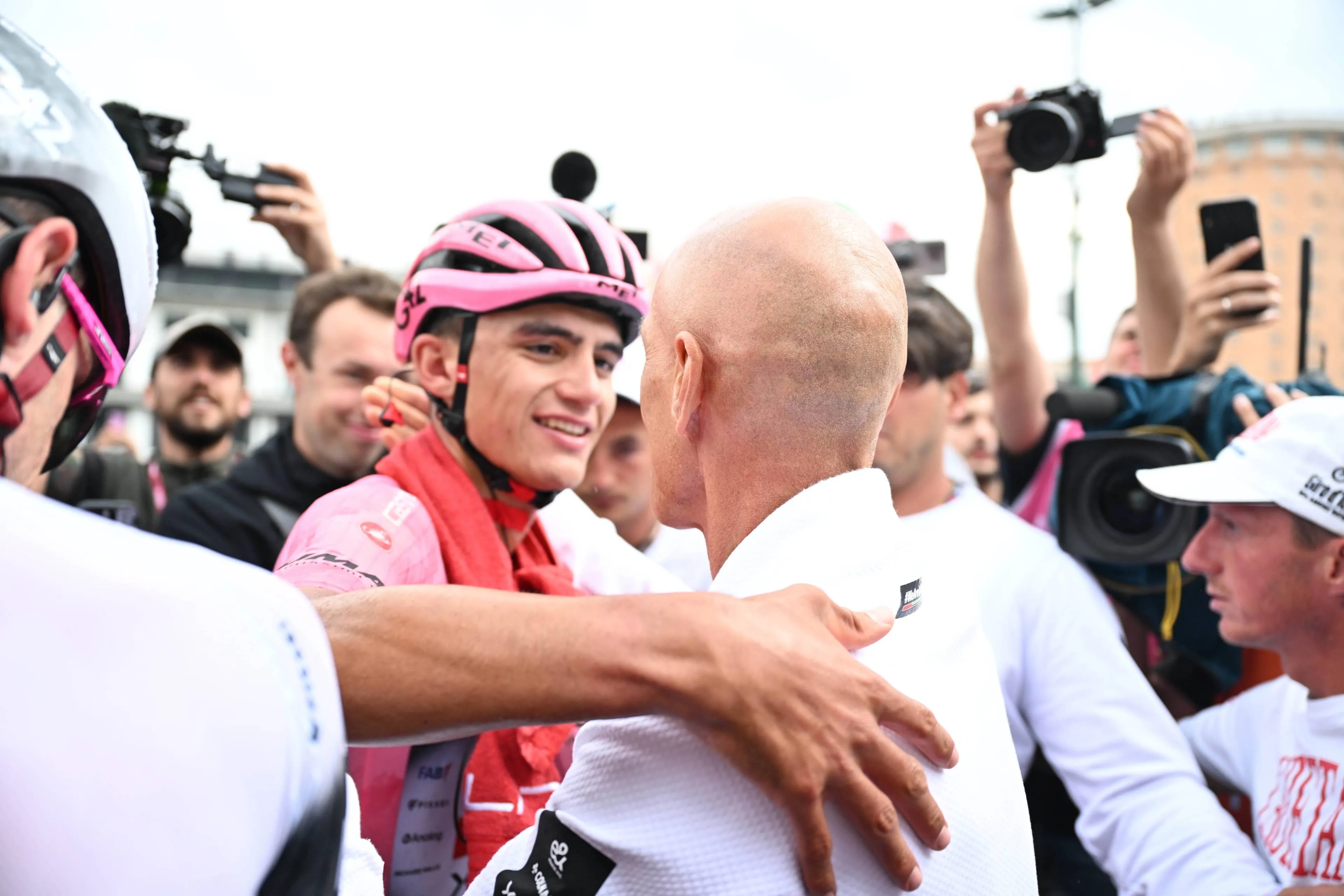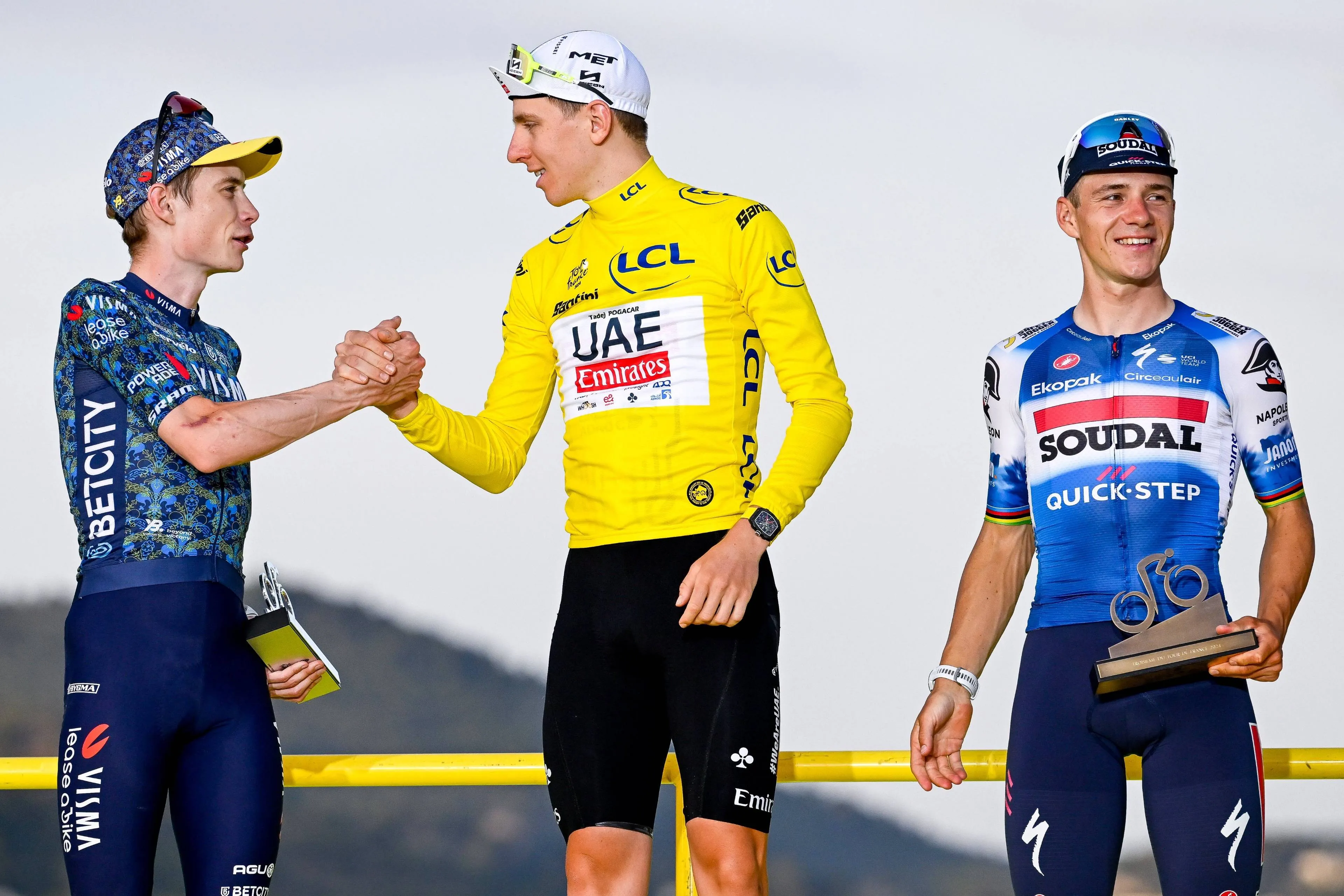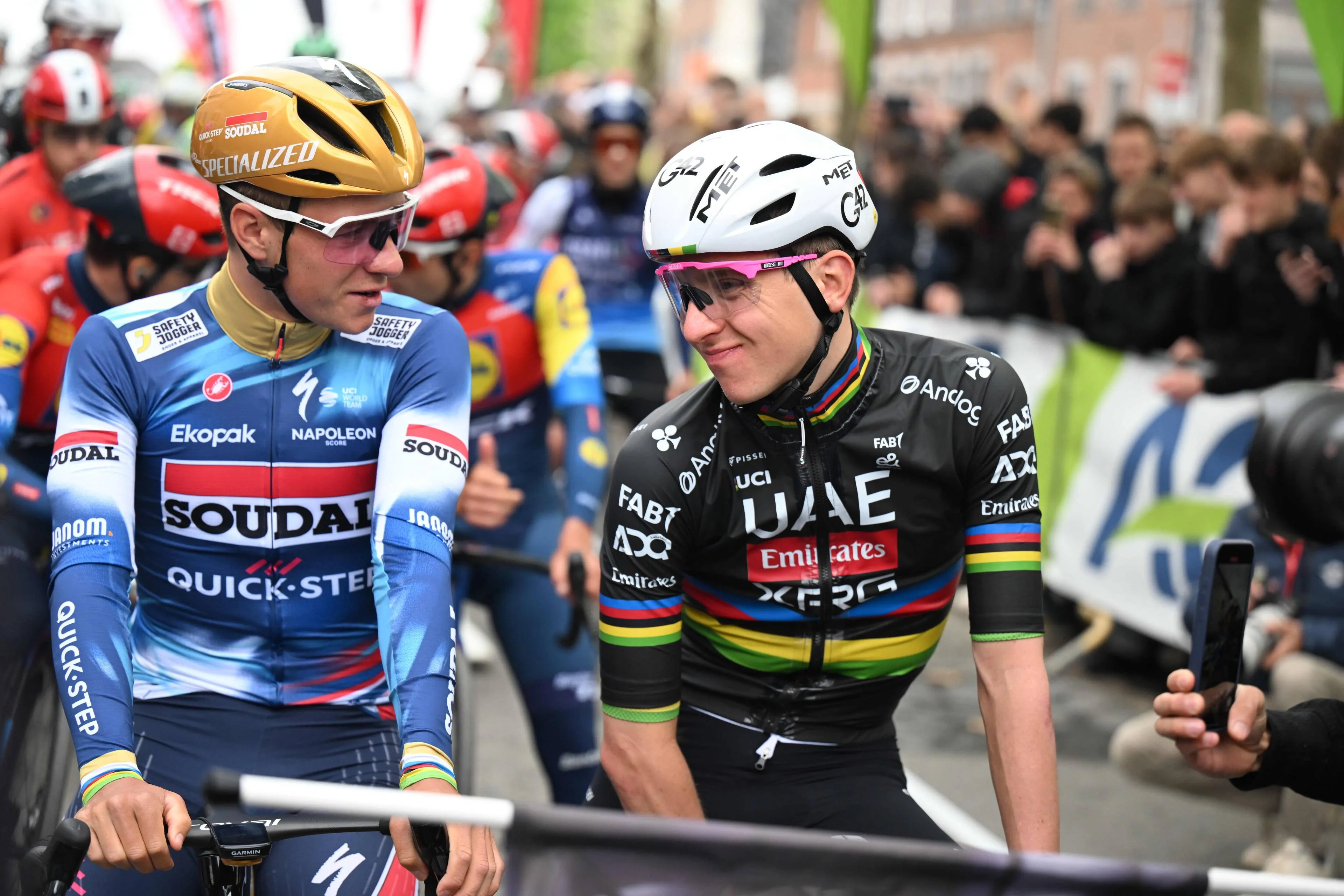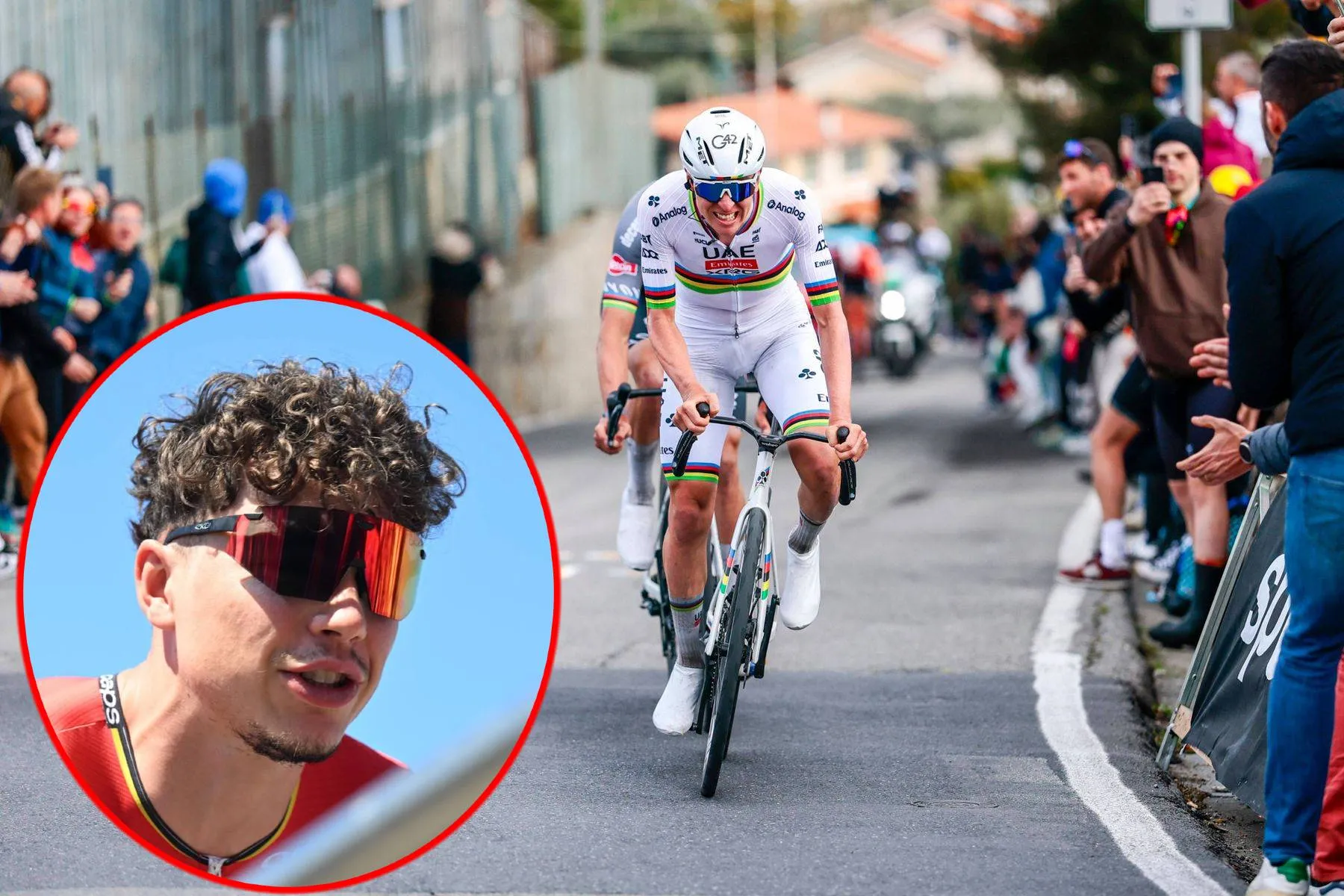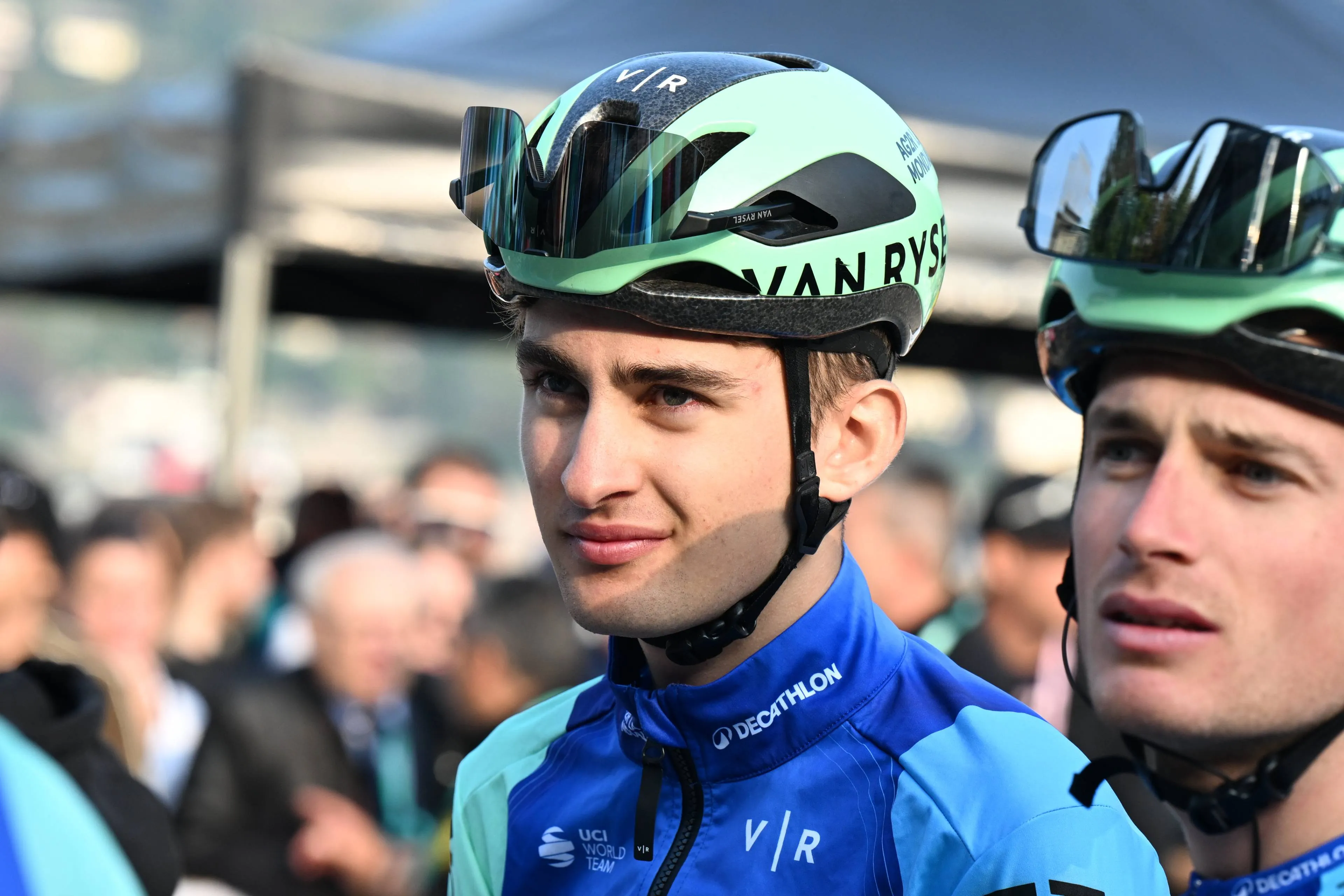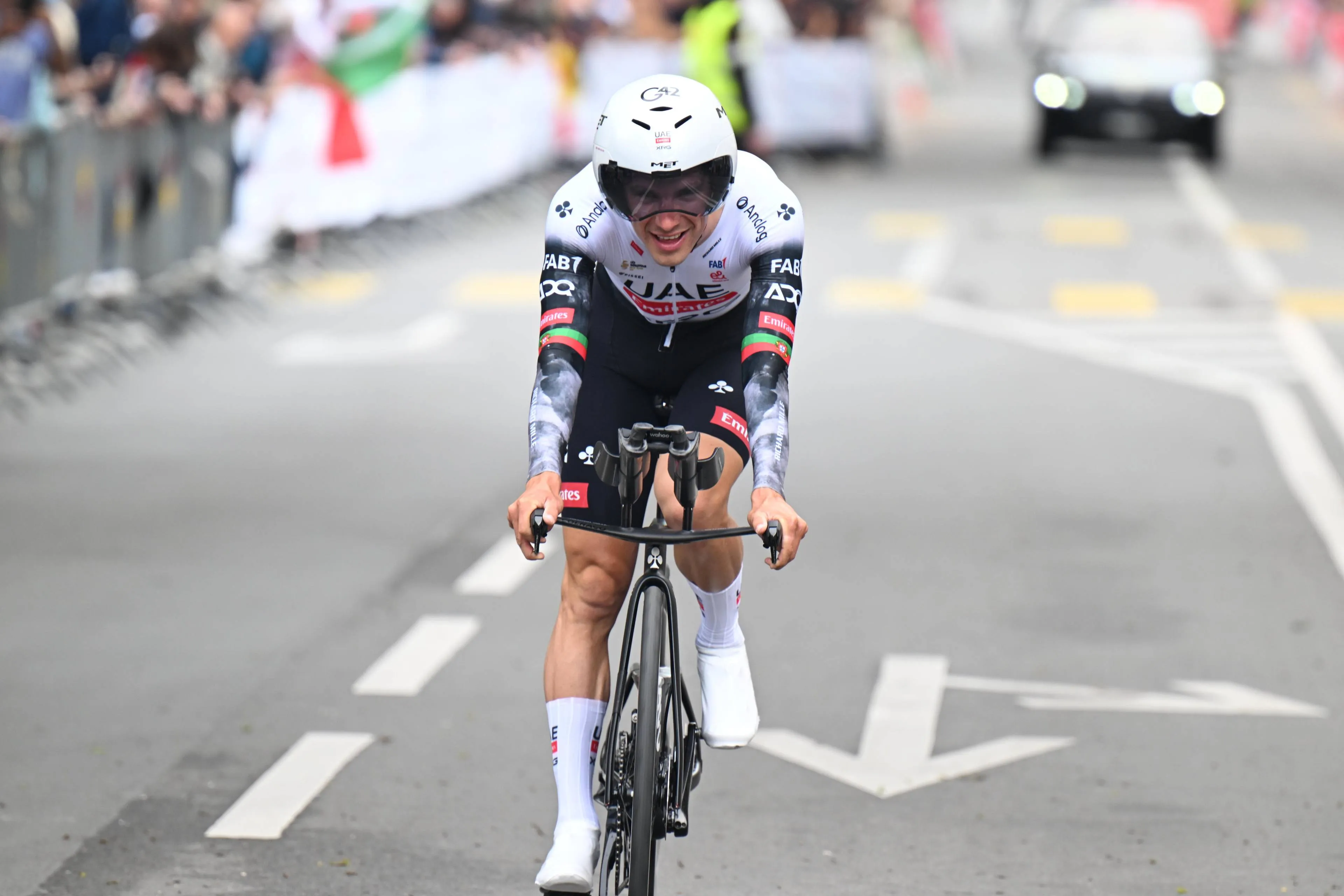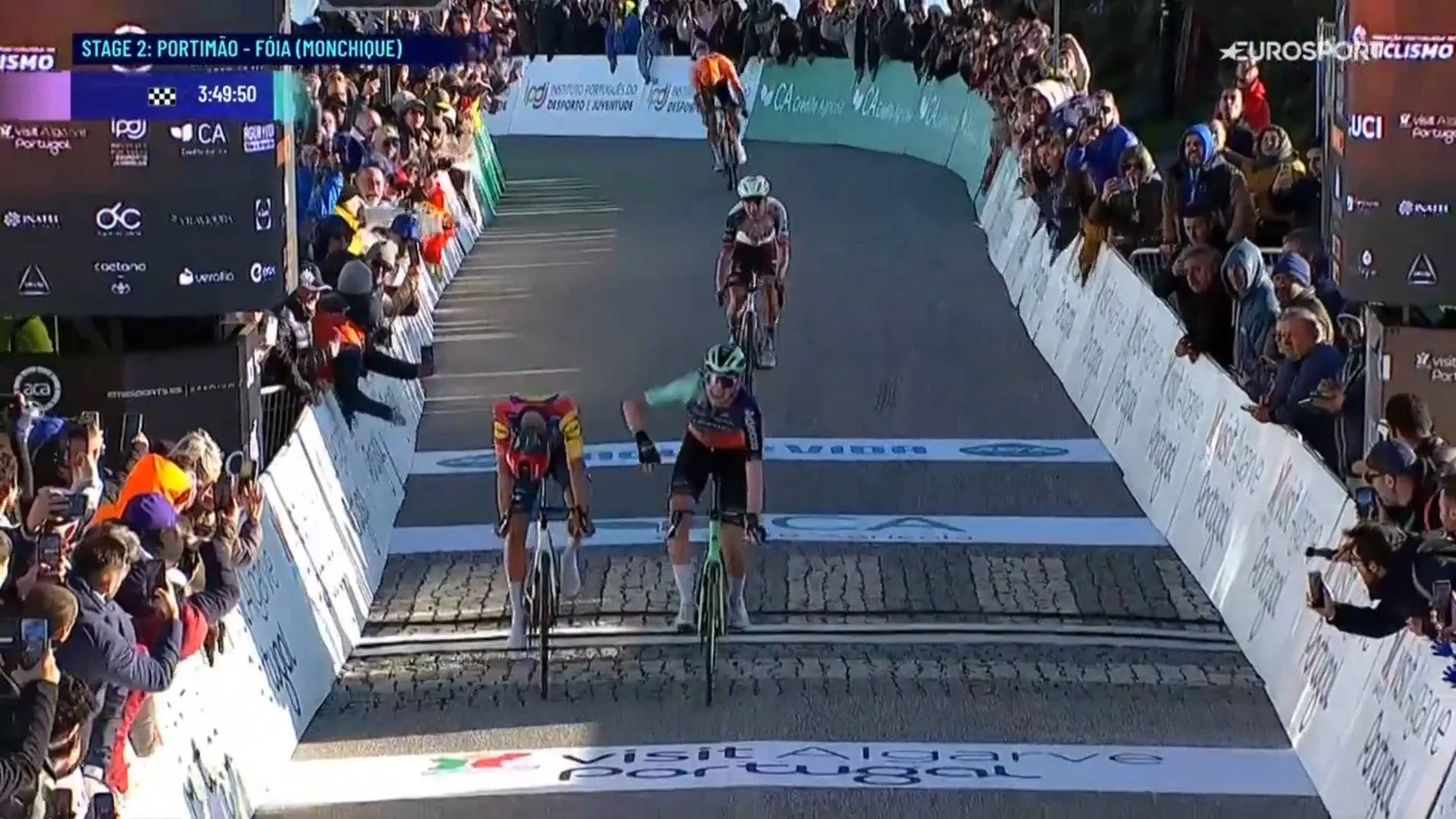“The only problem” – Was this the weakness that prevented both Bardet and Pinot from Tour de France glory?
CyclingSaturday, 07 June 2025 at 10:34
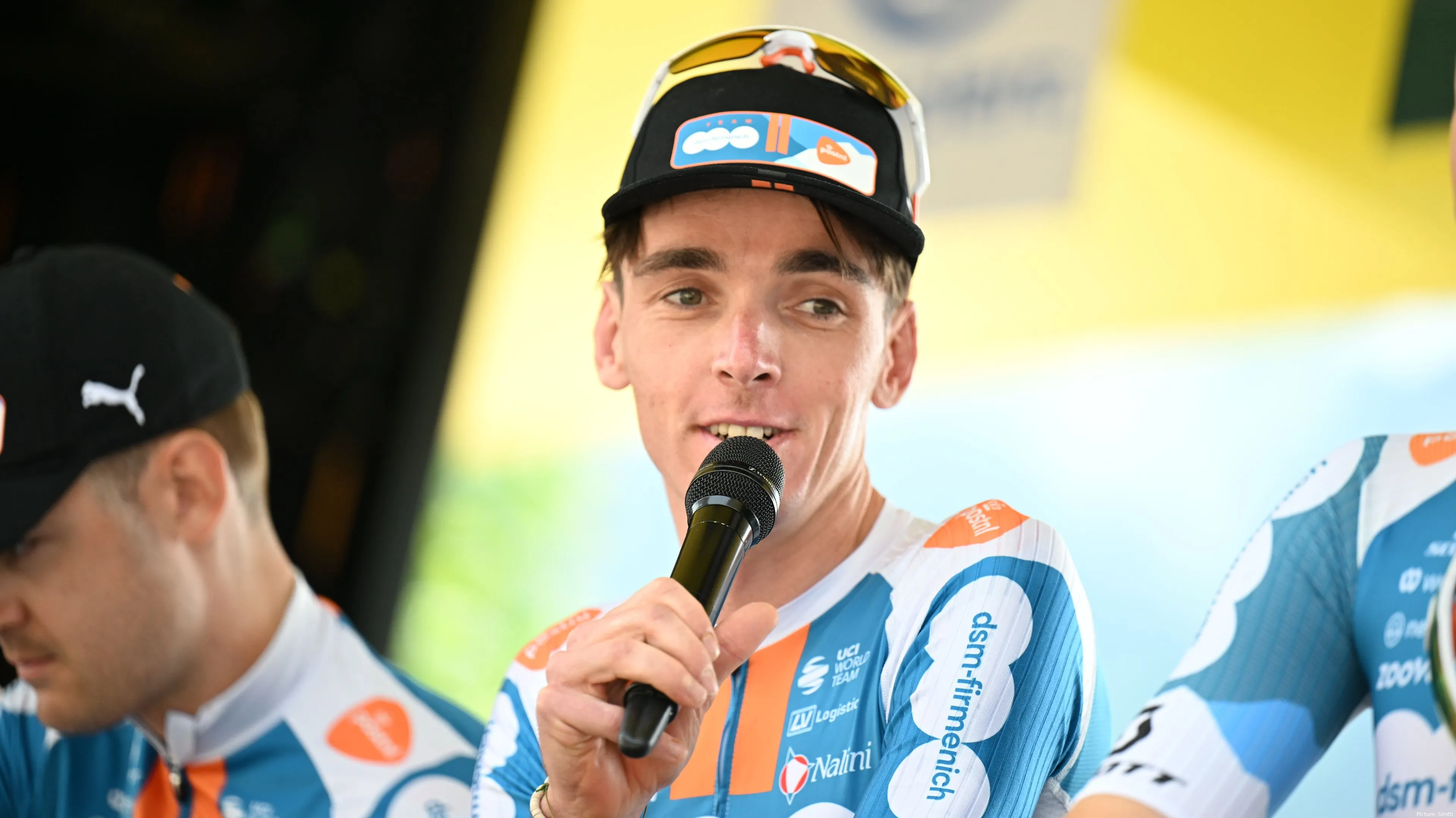
Next week’s Critérium du Dauphiné will mark the final road
race of Romain Bardet’s professional career. The Frenchman, who turned pro in
2012 and spent much of his career burdened with expectation, will say goodbye
to the peloton on Sunday 15 June atop Le Plateau du Mont-Cenis.
Just a week ago, Bardet finished the Giro d’Italia, his last
Grand Tour, where he came agonisingly close to completing a career set of stage
wins in all three major tours. But, true to the pattern of his career, it was a
near miss.
Now, has someone found out the key weakness that ultimately undid Bardet and Pinot's (as well as the entirety of France) Tour de France dreams?
Read also
As cycling journalist Hugo Coorevits told WielerFlits,
Bardet's time at the top has long been shaped by tension between immense
potential and the limits of his skillset. “The curtain falls on Sunday 15 June
on Le Plateau du Mont-Cenis in the Alps. There Romain Bardet will end a
professional career that began in 2012. It was a career that did not fully
bring what his compatriots, and he himself, had hoped for when he made his
debut in 2013 as a 22-year-old with a fifteenth place in la grande boucle.”
Coorevits recalls first encountering Bardet at the 2013
Amstel Gold Race, where the young Frenchman made a bold early break and was
only caught nine kilometres from the finish. “I walked up to him and said: ‘I
think you have a great career ahead of you with the pros.’ ‘Do you really mean
that?’ he asked shyly. I nodded in agreement.”
Read also
France believed in Bardet just as it had begun to believe in
Thibaut Pinot, his contemporary and rival. “The French media feasted on the
duel between Pinot and Bardet. They thought out loud that a variation of
Jacques Anquetil versus Raymond Poulidor was in the making,” said Coorevits.
But the comparison never truly materialised. “The only problem was that they
were both inferior time trialists.”
Tour organisers adjusted the route in response to the
climbing strengths of riders like Bardet, reducing time trial kilometres and
introducing climbing chronos. It worked, up to a point. In 2016, Bardet
finished second overall after a dramatic stage win at Saint-Gervais Mont Blanc.
A year later, he was just 23 seconds behind Chris Froome before the final time
trial in Marseille, only to collapse and lose two minutes. “Suddenly Bardet was
'on foot' and lost two minutes to Froome… He rode so dramatically bad that he
also lost second place to Rigoberto Uran.”
Read also
That stage may have been the moment the yellow jersey truly
slipped from his grasp.
By 2019, doubts were mounting. “On the eve of the Critérium
du Dauphiné in 2019, I told him during an interview: ‘Abandon that
classification. Aim for one-day races.’ He looked at me meaningfully, but
remained silent. The yoke of the Tour was starting to weigh heavily and the
expectations of the AG2R team management were becoming too high.”
Bardet’s move to Team DSM in 2021 revitalised him.
Fatherhood, COVID, and a change in scenery offered perspective that he clearly
needed. “The man with a master's degree in business management had a lot of
time to think and decided to change air after nine professional years at AG2R
La Mondiale.”
Read also
Under Iwan Spekenbrink’s management, Bardet was given
freedom. “Spekenbrink simply told him: ‘You don’t have to win. We just want to
see the best version of you. In the end, it’s just a race.’ Bardet raced freely
again. Old school. As an attacker, with a lot of racing insight.”
That freedom paid off in his final Tour de France last
summer. “On the first day of his eleventh and final Tour de France, his dream
came true. His young teammate Frank van den Broek, with whom he had escaped,
granted him the victory and the yellow jersey.”
Bardet later admitted to L’Équipe that he had never
truly felt like a Grand Tour general classification rider. “Another place in
the top ten of a grand tour gave me little satisfaction either.”
Read also
claps 14visitors 6
Just in
Popular news
Latest comments
- Yes, the guy is no fluke. Even if he fails to improve over the next 15 years he’ll do damage. That young blood is going to keep the establishment working hard.Mistermaumau19-02-2026
- This excuse is harmless, just quaint and amusing. The excuse I really disliked was when he accused a mechanic of improperly adjusting his saddle, endangering the mechanic's job: blaming others for your own limitations is a serious matter.
 maria2024202419-02-2026
maria2024202419-02-2026 - ok so this is impressive - I trashed this guy all winter, get a pro win before the anointing. against a quality field. And Onley and Riccitello look good too. fun to see young blood.mij19-02-2026
- Minor flaws.... thats like suggesting Genghis Khan was a bit aggressive with other countriesslappers6619-02-2026
- Then you carry on if that's what makes you happyslappers6619-02-2026
- Fabio cannot catch a break.mij19-02-2026
- OK, today is the "air conditioner"... yesterday was a cramp... on saturday a bee will sting him in his tongue... his tongue will swell up and mustafa gets no oxygen. Because of his swollen tongue, Remco won't be able to give us a new excuse. Remco and the spanish rat Ayuso should be on the same team. They both have a ton of excuses and both of them are liars. Ad acta.Mou-Cro-HR19-02-2026
- Florian Lipowitz is secretly happy
 Rafionain-Glas19-02-2026
Rafionain-Glas19-02-2026 - The crucial thing to remember is that Remco was broken by the pace of Gall and Tiberi, not Del Toro's. Remco's excessive antics are because he doesn't want anyone to think that he's 'genuinely' struggling. You can always say 'he got cramps' because 'his preparation didn't go to plan', but the thing is that there is a limit to the number of excuses and exceptions that there can be. Eventually everyone just accepts that he's reached his ceiling on the climbs.
 Rafionain-Glas19-02-2026
Rafionain-Glas19-02-2026 - Bahraini suspicious..Santiago19-02-2026
Loading
Write a comment
